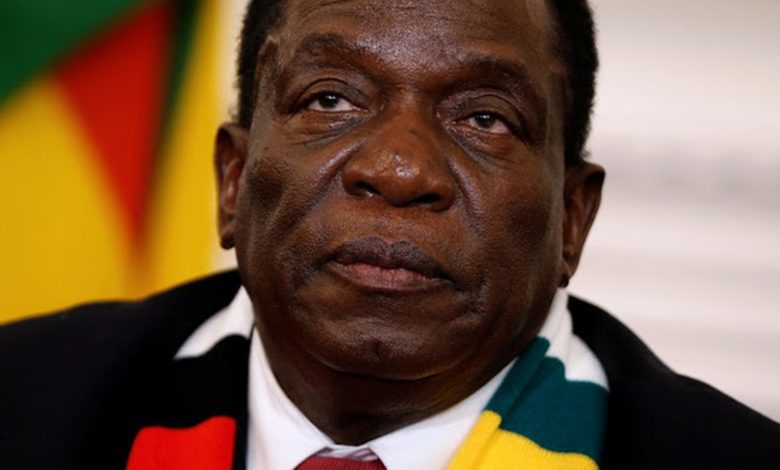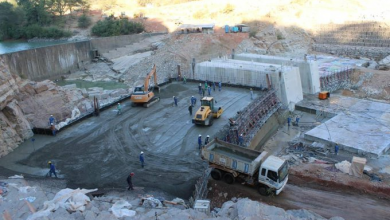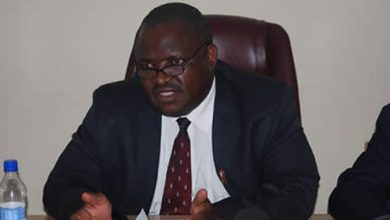ACHPR Special Rapporteur engages Mnangagwa on ‘Patriot Bill’

The African Commission on Human and Peoples’ Rights (ACHPR) Special Rapporteur on Freedom of Expression and Access to Information, Commissioner Ourveena Geereesha Topsy-Sonoo, wrote to President Emmerson Mnangagwa, advising him not to sign the Criminal Law (Codification and Reform) Amendment Bill into law, CITE has learnt.
The controversial ‘Patriotic section’ under Clause 2 of the Criminal Law (Codification and Reform) Amendment Bill, will criminalise those who criticise the State, demand sanctions or call for a trade boycott.
The bill was approved by both the Lower and Upper Houses of Parliament and is now waiting for President Emmerson Mnangagwa’s signature despite civic society organisations and human rights defenders widely condemning it for shrinking Zimbabwe’s democratic space and undermining the country’s constitution.
In a communique from the Media Institute Southern Africa (MISA) Zimbabwe, it was noted that Commissioner Topsy-Sonoo warned the Patriot Bill would have far-reaching consequences on freedom of expression and association in Zimbabwe if signed into law.
“In a letter to President Mnangagwa last week, Commissioner Topsy-Sonoo advised that the proposed law will have the effect of curtailing the exercise of rights such as media freedom and freedom of expression, the right to privacy, access to information, freedom of conscience, political rights, freedom to demonstrate and petition, and freedom of assembly and association,” read the communique.
The Patriot Bill, Commissioner Topsy-Sonoo said, would also potentially cripple the work and mandate of non-governmental organisations.
“This will affect the work of human rights-related organisations whose task is to observe and seek redress on human rights violations most of which are committed by state and non-state actors. This conflict between the government and human rights civil society will severely shrink, if not kill civic space,” said Commissioner Topsy-Sonoo in the communique.
Commissioner Topsy-Sonoo warned the Patriot Bill will severely infringe the right to privacy, as it has the potential of creating further avenues for surveillance, tracking of internet usage and accessing of private communication records.
The National Assembly passed the Criminal Law (Codification and Reform) Amendment Bill on May 31, 2023, with the Senate subsequently following suit on June 7, 2023.
The Bill is now awaiting Presidential assent before it becomes law.
The Patriot Bill follows on the heels of the Private Voluntary Organisations Amendment Bill, which is also awaiting presidential assent before it comes into law.
Both Bills have been criticised as having a chilling effect on freedom of assembly, the right to free expression and the right to privacy, among other rights.






